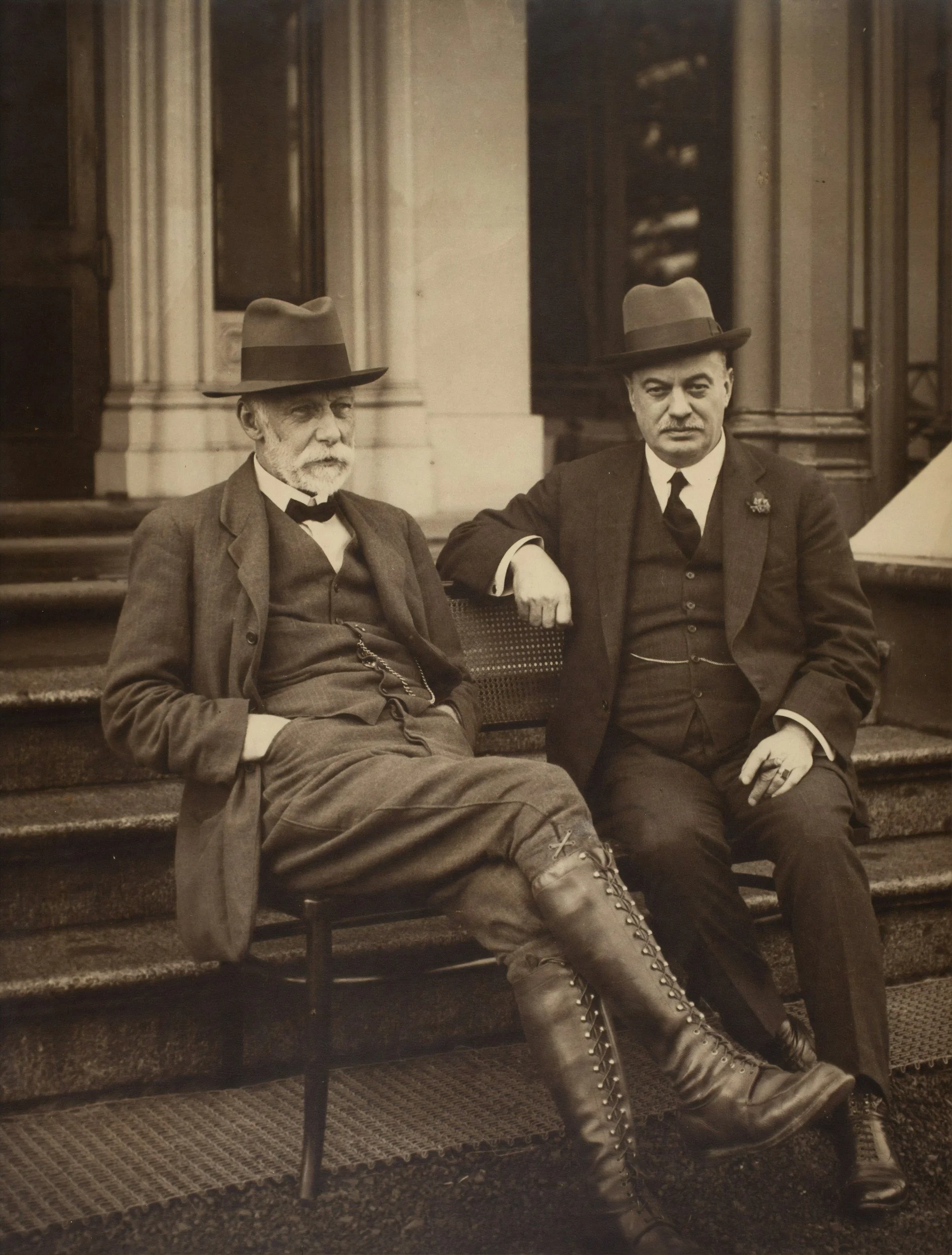
Welcome to my Blog
Thank you for stopping by. This space is where I share research, reflections, and practical tools drawn from psychology and couples therapy.
Are you a couple looking for clarity? A professional curious about the science of relationships? Or simply someone interested in how love and resilience work? I’m glad you’ve found your way here.
Each post is written with one goal in mind: to help you better understand yourself, your partner, and the hidden dynamics that shape connection.
Grab a coffee (or a notebook), explore what speaks to you, and take what’s useful back into your life and relationships. And if a post sparks a question, or makes you realize you could use more support, I’d love to hear from you.
Be Well, Stay Kind, and Godspeed.
~Daniel
P.S.
Feel free to explore the categories below to find past blog posts on the topics that matter most to you. If you’re curious about attachment, navigating conflict, or strengthening intimacy, these archives are a great way to dive deeper into the research and insights that I’ve been sharing for years.
- Attachment Issues
- Coronavirus
- Couples Therapy
- Extramarital Affairs
- Family Life and Parenting
- How to Fight Fair
- Inlaws and Extended Families
- Intercultural Relationships
- Marriage and Mental Health
- Married Life & Intimate Relationships
- Neurodiverse Couples
- Separation & Divorce
- Signs of Trouble
- Social Media and Relationships
- What Happy Couples Know
The Manipulated Man: A Review of Esther Vilar’s Provocative 1971 Book
Esther Vilar’s 1971 book The Manipulated Man remains one of the most controversial works of “feminist” literature. It challenges the status quo with a perspective that flips traditional gender roles on their heads.
However, her ideas are far from friendly to feminists.
As a science-based couples therapist, I approached this text with a critical eye, considering the impact of Vilar’s ideas on relationships, gender dynamics, and the broader cultural context.
Beta Male Memes: A Deep Dive into the Alpha-Beta Dichotomy
The concept of the "Beta Male" has become a significant part of internet culture, particularly through the proliferation of memes that contrast it with the more traditionally dominant "Alpha Male."
The Beta Male meme, originating in the early 2000s within online communities, has evolved into a complex social narrative, reflecting broader cultural anxieties about masculinity, gender roles, and social dynamics.
Understanding the characteristics of a Beta Male requires not just a look at individual traits but also an exploration of the meme's historical context, especially in relation to the Alpha Male archetype.
The Interplay Between Sigma Male Memes And Other Notions of Maculinity
The evolution of the Sigma male meme has not occurred in isolation; it is part of a broader discourse on masculinity that includes other archetypes like the Zeta male and the emerging concept of the Twilight Alpha.
These archetypes, while distinct, share thematic elements that contribute to an overarching narrative about the changing perceptions of masculinity in the digital age.
What is a Zeta Male?
The concept of the Zeta Male is a relatively new addition to the ever-expanding lexicon of masculinity.
In a world where traditional gender roles and expectations are increasingly questioned and redefined, the Zeta Male emerges as an alternative archetype that challenges conventional notions of what it means to be a man.
But what exactly is a Zeta Male, and how does this concept compare to other movements like MGTOW (Men Going Their Own Way)?
Is it merely a rebranding of an old meme, or does it represent a distinct evolution in the understanding of masculinity?
What Is a Twilight Alpha Male? The Evolution of the Classic Alpha Archetype
The term Twilight Alpha Male is an intriguing concept that puts a fresh spin on the traditional idea of an Alpha male.
While the classic Alpha is known for his dominance, confidence, and leadership in competitive environments, the Twilight Alpha Male represents a more mature and introspective version of this archetype, embodying a balance between strength and wisdom.
The "Relationship Goals" Meme:
It’s hard to escape the "relationship goals" meme—those picture-perfect snapshots of love that flood our social media feeds, making us question why our last romantic gesture involved splitting the check at a chain restaurant.
But beyond the glossy images and hashtag overload, what does this meme really say about our culture, our relationships, and, dare we say, our narcissism?
Let’s dive into this digital phenomenon with a blend of serious inquiry and a bit of humor.
The Relationship Goals Meme: What Are We Really Aiming For?
How to Get a Long-Distance Relationship to Work: The Science
Long-distance relationships (LDRs) present a unique set of challenges that can test even the strongest bonds.
However, the notion that distance is inherently detrimental to a relationship is increasingly being challenged by social science research.
In this deep dive, we'll explore the critical factors that make long-distance relationships not just viable but potentially even stronger than geographically close relationships.
Let’s examine the underlying psychological and relational dynamics in play that inform how couples can develop strategies that turn distance into an advantage.
AI and Emotional Intimacy in Relationships: When Alexa Becomes Your Side Chick
Welcome to the future, where your biggest relationship threat might not be another person but an AI that knows your partner's favorite song, their grocery list, and—let’s be honest—more about your partner’s mood swings than you do.
Yes, I’m talking about the subtle yet sneaky influence of AI on emotional intimacy in relationships.
As a science-based couples therapist, I’ve seen it all, but the idea of AI becoming a side chick in relationships? Now that’s something new.
Alone But Not Lonely: Hollywood Women Who Thrived in Solitude and Redefined Independence
Many Hollywood women have debunked the myth that being alone equates to loneliness through their lives and public statements.
These women have embraced solitude as a time for self-discovery, empowerment, and fulfillment, showing that independence can be a source of strength rather than a sign of deficiency.
Why is human intimacy so profoundly disappointing?
Relationship Anarchy vs. Polyamory
As traditional values and societal norms continue to evolve, new relationship models such as relationship anarchy and polyamory have gained attention.
These philosophies offer alternatives to the conventional monogamous framework, encouraging individuals to redefine love and commitment.
However, from a conservative perspective, these models raise important questions about the long-term implications for individuals, families, and society as a whole.
This post critically examines relationship anarchy and polyamory, exploring their potential consequences through a more traditional lens.
What is Relationship Escalator Rejection?
The term “Relationship Escalator Rejection” is one of those modern polyamorous memes that have gained traction among those who find the traditional path of relationships a bit too… predictable.
You know the drill: you meet someone, date, move in together, get married, maybe pop out a couple of kids, and settle into a life of blissful monotony (or at least, that’s the idealized version).
The “relationship escalator” is what some call this linear progression. But, for those who reject it, life is apparently a lot more exciting—or chaotic, depending on your perspective.
Emotional Bandwidth Management: The Hidden Strain in Polyamorous Relationships
Let’s talk about Emotional Bandwidth Management with multiple partners..
Polyamory, at least in its idealized form, is often presented as a boundless landscape where love flows freely between multiple partners.
It’s a vision of relationships unshackled by monogamous norms, offering infinite possibilities for connection, growth, and intimacy.
But beneath this utopian image lies a reality that’s far less glamorous—one that involves a limited resource that no amount of love can stretch: emotional bandwidth.











